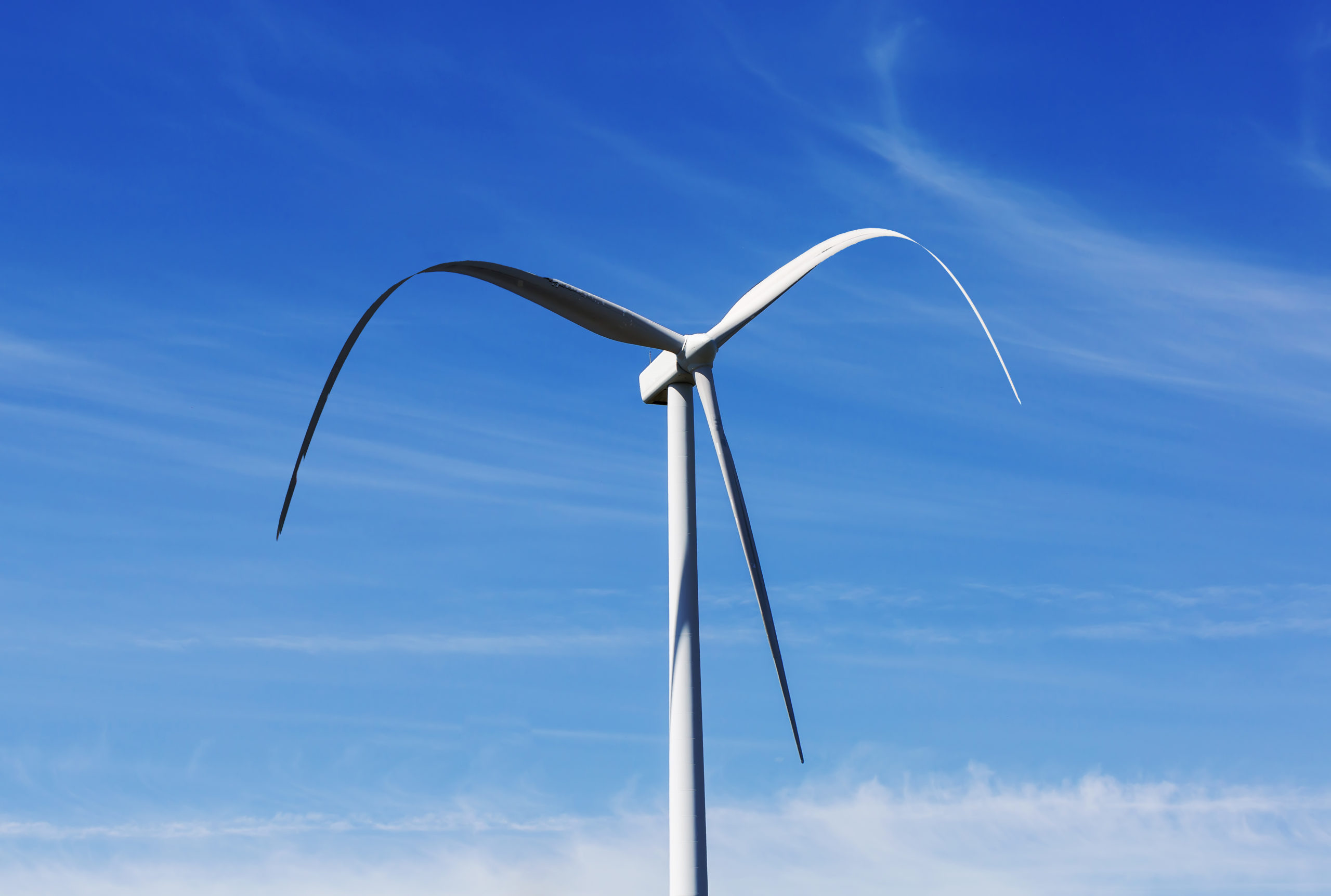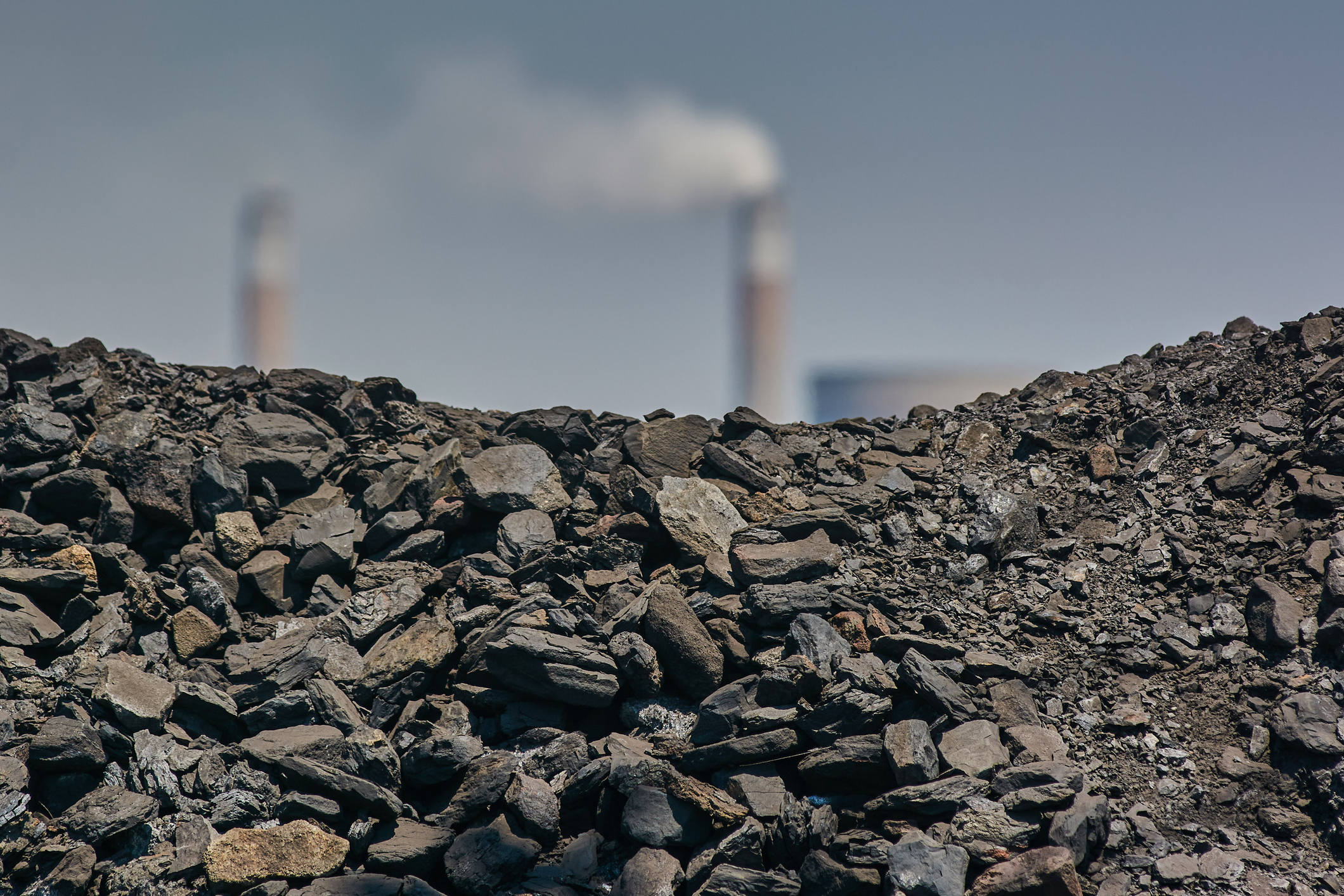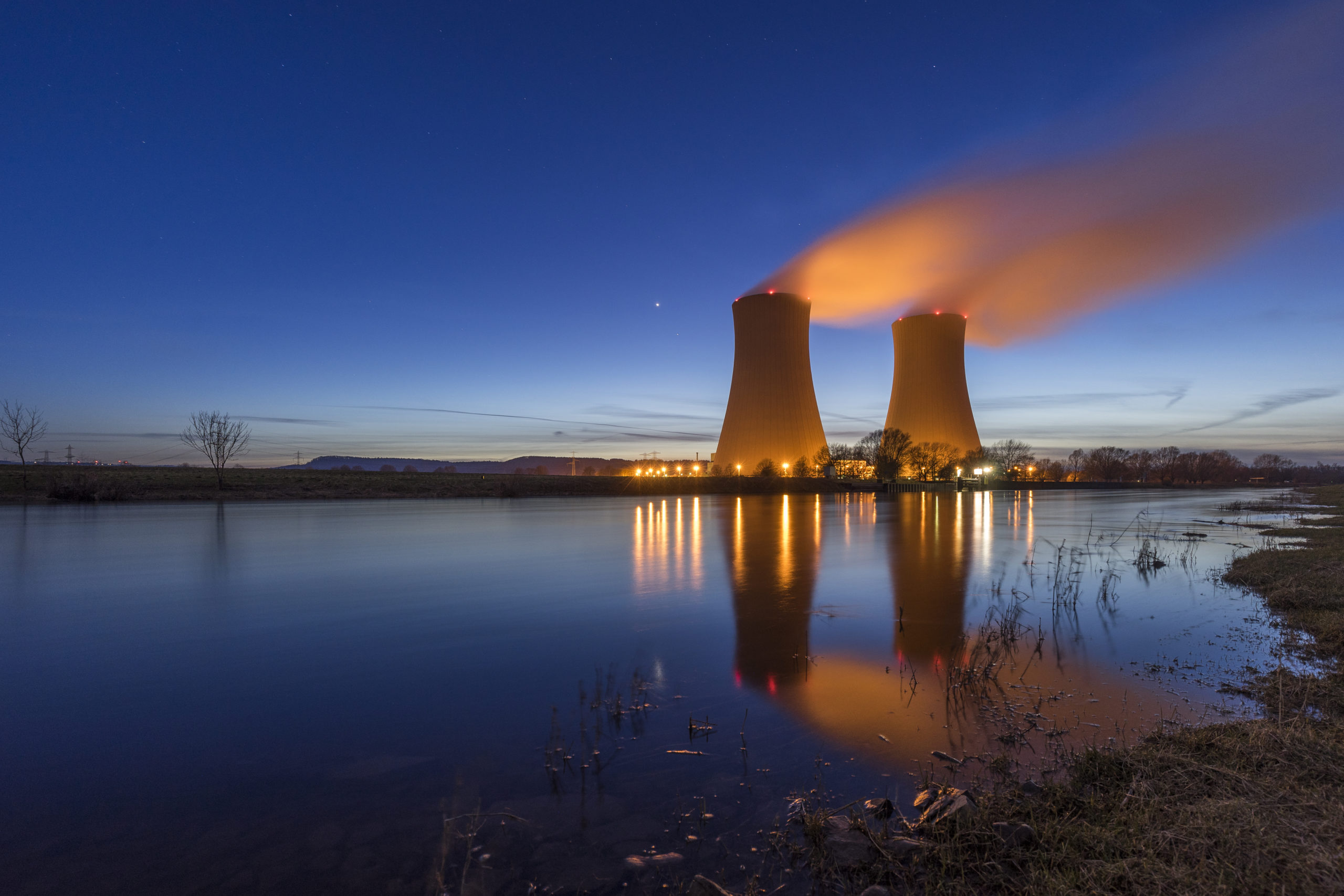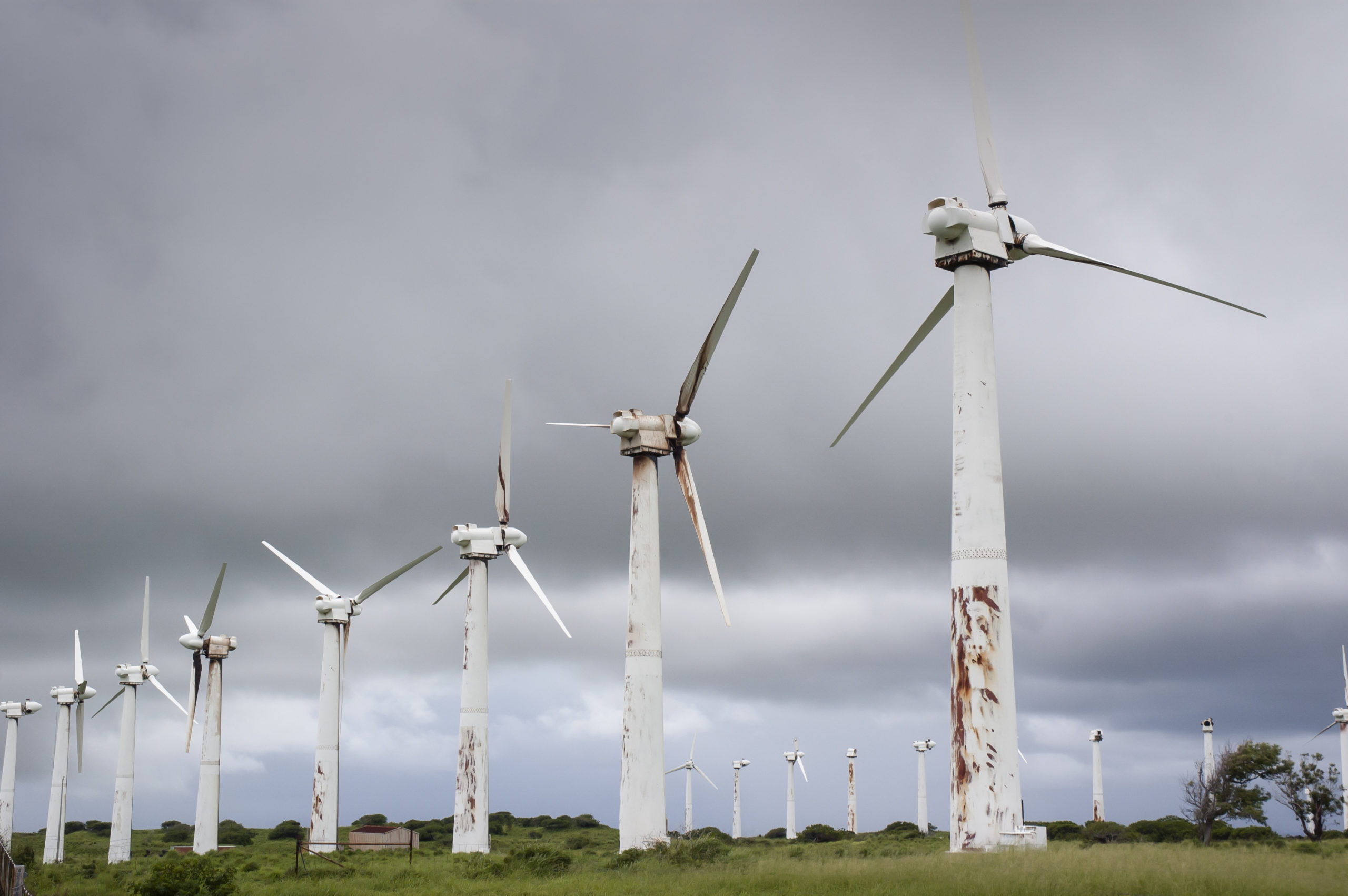The U.S. government must come clean on energy goals and incentives.
Climate Imperialism

E.U. energy mandates impose needless suffering in the name of elite fantasy.
The American intellectual Rob Henderson coined the term “luxury beliefs” to describe the status-conferring ideas and opinions of wealthy elites. Examples of these beliefs include “defund the police,” “dismantle the patriarchy,” and “net zero carbon now.”
Luxury beliefs have the attractive quality that those most likely to promote them rarely face their consequences. For example, the “defund the police” crowd tends not to live in crime-ridden inner-city neighborhoods that count on the police to maintain order. Statistically, those who rage against the patriarchy and traditional marriage eventually marry but divorce at much lower rates than other Americans.
Nowhere is this trend more clear than in the disastrous realm of climate policy. Climate activists who call for a ban on fossil fuel consumption and a phase-out of the combustion engine almost always live in metro areas where they don’t need a car. If they drive, they can afford $5-a-gallon gasoline or can buy a $66,000 electric vehicle. Meanwhile, their luxury beliefs become public policy and hurt the rest of us.
In recent months, for example, the U.S. government passed a climate change bill masquerading as a measure to reduce inflation. In Europe, the E.U. has committed to becoming carbon neutral by 2050. The uber-elite internationalist group, the World Economic Forum, linked arms with the Chinese Communist Party in a bid to “radically transform” the world economy and stave off “climate catastrophe,” which amounts to the “real battle of our time.”
The premises of climate alarmism are almost all entirely untrue. Natural disaster-related deaths have declined, not increased, and plastic waste danger is overblown. While the world’s capacity to produce more food has skyrocketed, climate change has contributed minimally to the world’s wars, and the destruction of rainforests has little to do with changes in the climate.
But the fantasies of climate hysteria prompt hasty, radical action, resulting in developing nations being denied the cheap energy sources they need–coal, wood, dung, fossil fuels—to grow wealth, rise out of abject poverty, and enjoy the option of developing green policies in the future.
Hungary and Cold
The case of Hungary, where I work and write, is not as dire as in impoverished places like rural Asia or Sub-saharan Africa. Nonetheless, the carbon-neutral policies from Brussels, London, and Washington have affected every aspect of Hungarian society.
Hungary is a small, landlocked former Soviet-bloc nation located in the heart of Europe. As a member of the European Union, Hungary must adopt European Green Deal policies, which seek to “decarbonize” the continent by 2050. This has resulted in a push to diversify the nation’s energy supply by building solar farms, embarking on new nuclear energy plant projects, and installing solar panels on government and residential buildings. But green energy sources are not only insufficient to meet the nation’s energy demands. They are also unreliable depending on the weather. So Hungarians, ever-realistic people, rely on fossil fuel sources in the interim.
More than half of Hungary’s energy comes from imported fossil fuels. Like Germany and other Western European nations, Hungary has gotten most of its natural gas and oil supplies from Russia in the past. But Hungary has long sought to diversify its energy sources. Toward that end, during the Trump Administration, the Hungarian government inked a deal to import natural gas from America through a Croatian port. The agreement was promising, as America was an energy-surplus country and a willing trade partner. The deal fell apart, however; the United States canceled the contract on day one of the Biden Administration.
Hungary has also sought to offset its fossil fuel consumption by adding nuclear power to its mix, thus promoting greater energy security by relying less on Russian oil. The nation currently operates four nuclear power plants and is looking for an international partner to build two more. But, ironically, the only company to offer a bid on the project was Russian nuclear power giant Rosatom.
In the wake of the war in Ukraine, Hungary’s Prime Minister Viktor Orbán is routinely called “Putin’s Puppet” or similar derogations. Central to the name-calling is Prime Minister Orbán’s realism. While he supports efforts to reduce carbon emissions and plans to generate up to 90% of his country’s energy from nuclear and solar sources by 2030, Orbán’s more significant concern is how to preserve his nation’s way of life now. The truth is that Hungary needs oil and gas to survive. As a result, the Hungarian Prime Minister roundly rejects calls to cut off those sources, regardless of internationalist green energy policies or Russian aggression in the neighborhood.
At present, the war next door in Ukraine rages on and shows no signs of stopping, NATO sanctions notwithstanding. Russia shopped for new buyers and created new oil trade relationships with countries like China and India. Putin, his coffers burgeoning, recently turned off Europe’s gas supply, promising not to turn it back on until western sanctions are lifted. The action, of course, resulted in skyrocketing fuel costs across the continent, including here in Hungary. Like it or not, Europe, which has allowed itself to be captured by climate extremism, cannot at present survive on green energy sources alone. The continent relies on Russian gas and will for quite some time to come.
Despite the prime minister’s resolve, Hungarians are facing the facts: heating prices are projected to increase at least 6-fold during the winter; a local university is considering closing its dorms; Budapest bridges and public buildings are shutting lights off two hours early every night; Budapest’s trams, trolleys, and escalators may shut down; sharp increases in freight rates threaten to spike the costs of household goods and food; a Hungarian energy company just went bust; the national opera reduced its performance line-up by half; and the tourist sector in Budapest may collapse altogether.
I recently celebrated my first anniversary of living in Hungary by moving into a smaller, more energy-efficient apartment and purchasing the warmest winter comforter money could buy. Because by all accounts, without drastic reductions in use, my energy costs will increase six-fold in the coming months. No luxury belief will change that.
The American Mind presents a range of perspectives. Views are writers’ own and do not necessarily represent those of The Claremont Institute.
The American Mind is a publication of the Claremont Institute, a non-profit 501(c)(3) organization, dedicated to restoring the principles of the American Founding to their rightful, preeminent authority in our national life. Interested in supporting our work? Gifts to the Claremont Institute are tax-deductible.
A case study in out-of-touch environmental regulation and its disastrous effects.
The Biden Administration is outsourcing pollution and weakening America’s energy reserves.
The Right needs a total vision overhaul on energy.
Can we protect the planet without kneecapping the economy?





